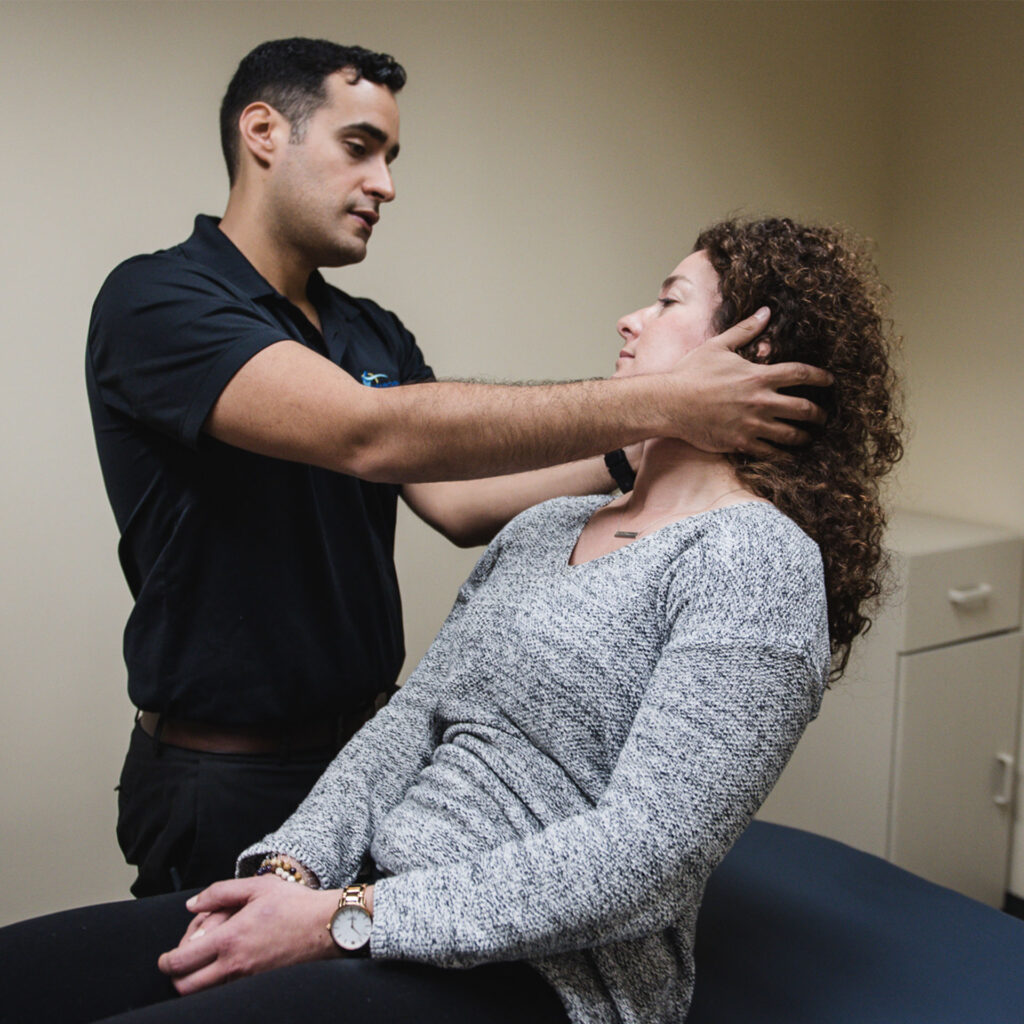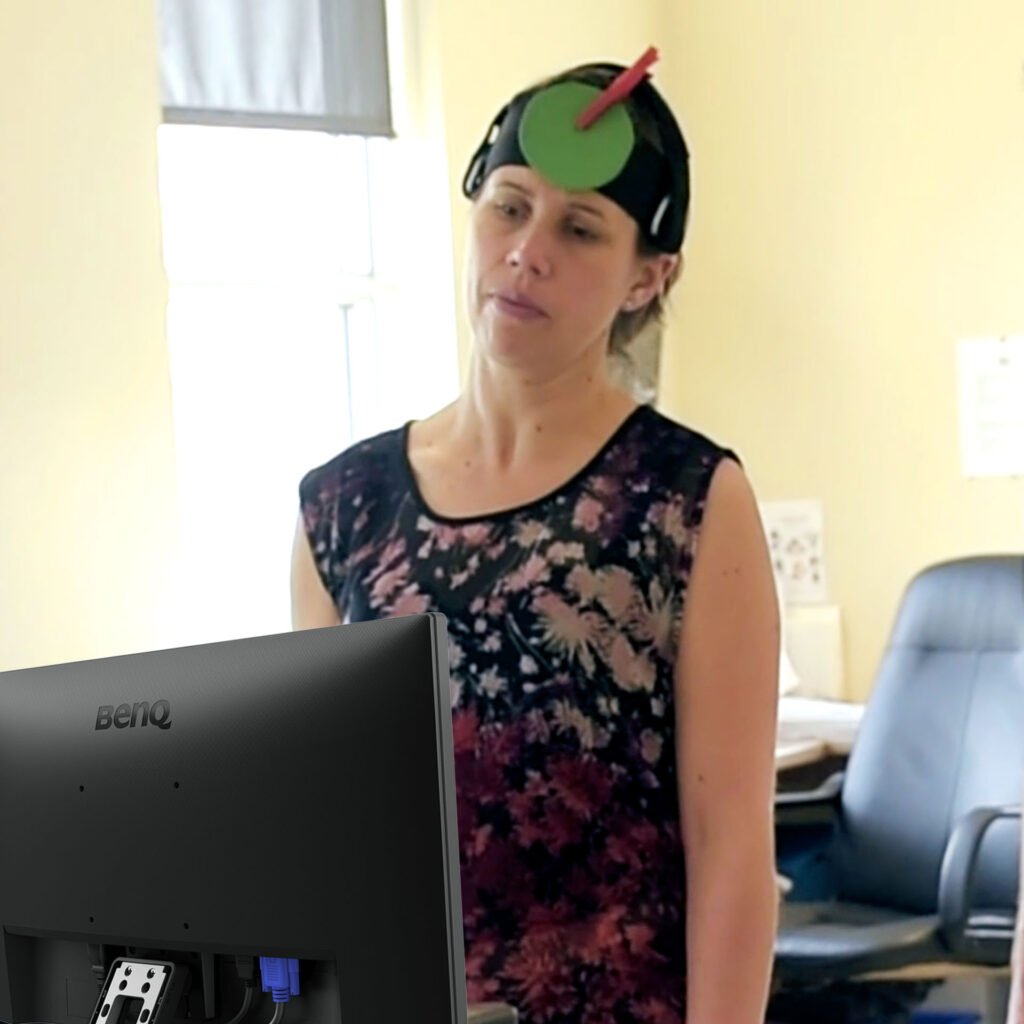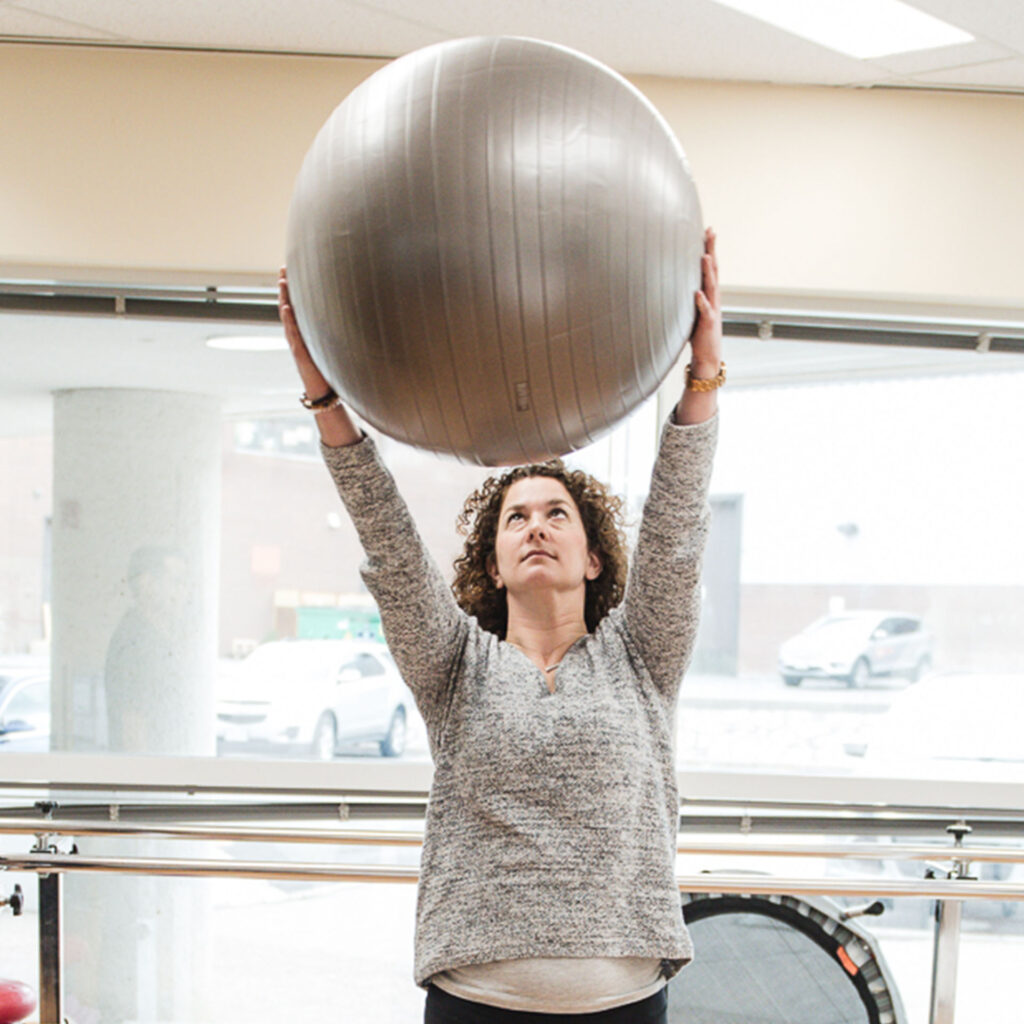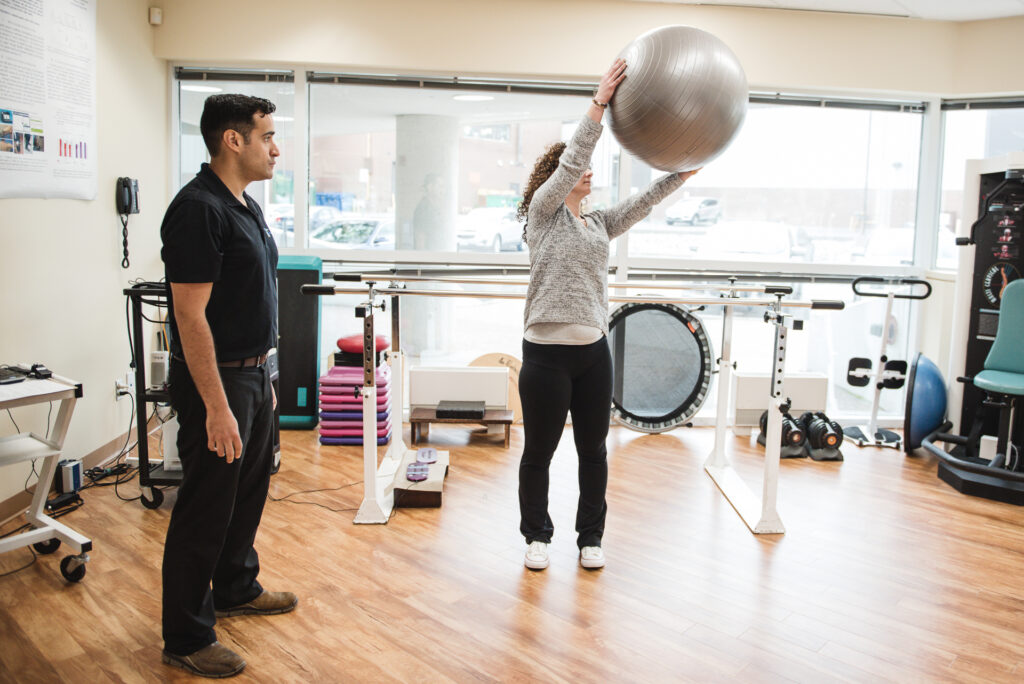Vestibular Rehabilitation
Enhance vestibular function with proper adaptive strategies. Our therapeutic goals aim to improve the physical impairments that originate from a vestibular condition.

Improve gaze stability with head and body movements

Improve postural stability and balance with biofeedback

Eliminate/improve symptoms of vertigo and/or dizziness

Improve functional tasks of daily living
Enhance Vestibular Function
- Do you experience short episodes of vertigo (sense of spinning) when moving your head, turning in bed or changing your body position?
- Do you feel unbalanced when walking or standing, especially when turning your head?
- Do you experience difficulty stabilizing your gaze and/or experience dizziness when walking outdoors or in a busy store?
- Do you avoid certain movements in your daily life in order to prevent the onset of dizziness or vertigo?
If the answer to any of the above questions is yes, you may benefit from vestibular rehabilitation in physiotherapy at Clinique NeuroGym®.
What to Expect
1-hour initial assessment with a physiotherapist trained in vestibular rehabilitation:
- Held in a private clinical setting
- Determine if your condition is treatable in physiotherapy and/or requires medical attention
- Treatment with Canalith repositioning maneuvers if Benign Paroxysmal Positional Vertigo (BPPV) is diagnosed
- Recommendations for at-home and in-clinic exercises-based program

Goals & Objectives
The objective is to enhance vestibular function with proper adaptive and/or compensatory strategies. Our therapeutic goals aim to improve the physical impairments that originate from a vestibular condition. This includes:
- Improve gaze stability with head and body movements
- Improve postural stability and balance with biofeedback
- Eliminate/improve symptoms of vertigo and/or dizziness with Canalith repositioning maneuvers or habituation exercises
- Improve functional tasks of daily living
What is the Vestibular System?
The vestibular system is located in the inner ear and it “is a sensory system that is responsible for providing our brain with information about motion, head position, and spatial orientation; it also is involved with motor functions that allow us to keep our balance, stabilize our head and body during movement, and maintain posture. Thus, the vestibular system is essential for normal movement and equilibrium.”
For more information about the role of the vestibular system, watch this 2-minute neuroscience video.
Conditions we treat include:
- Acquired Brain Injury
- Spinal Cord Injury
- Stroke
- Multiple Sclerosis & ALS
- Parkinson’s Disease
- Ataxia (Friedreich, Charlevoix-Saguanay, etc.)
- Cerebral Palsy
- Guillain-Barré syndrome
- Balance / Dizziness / Vertigo/ Vestibular
- Dystonia & Spasmodic Torticollis
- Bells Palsy
- Concussion
- Myositis
- Progressive Supranuclear Palsy
- Multi-System Atrophy
- Peripheral Neuropathy
- Complex Orthopaedic Conditions
… & more!
Client Stories
Request an Assessment
To request an assessment, fill in our form below or call us at (819) 777-2500 (ext. 255) and we’ll help you book your appointment.